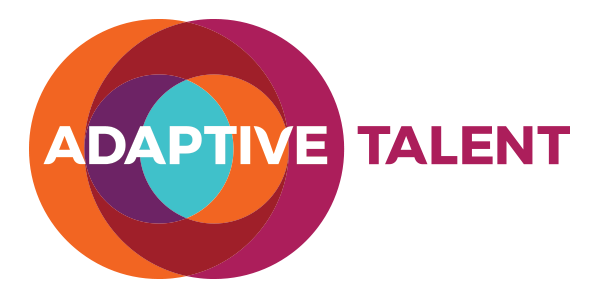There is some really cool stuff happening around mapping our brain real time and the connections to leadership, some of which are nicely wrapped up in this article. Why should you care? Well, because understanding how the brain works gives very clear guidance about how to lead change in your own and others’ lives.
Richard Boyatzis wrote a great article in The Ivey Business Journal summarizing key findings. The big one is that leaders who formed nurturing, supportive, energizing relationships with their employees activated the part of the brain associated with higher level thinking and in particular the ability to be open to scanning and receiving new ideas:
“Recalling previous emotionally important situations with resonant leaders (author’s note: those that bring out the best in you) activated attention in ways that allow a person to be open to new ideas and new emotions, and to be able to scan the business and social environment, something which every successful executive must be able to do.”
“It was as if recalling key moments with resonant leaders put a person back into a positive state, one in which they could build relationships, think creatively, remain open, and approach people. Meanwhile, moments with dissonant leaders, though they aroused a few of the same areas, had mostly the opposite effect and drove people to avoid such leaders.
This is important because it would be difficult for a leader to inspire and motivate those around him or her without engaging them. When leaders slip into behaviour that repeatedly threatens people or demeans others, or focuses on weaknesses and what needs to be fixed, the brains of people around them are activated in a way that makes people want to move away from the leader and the situation.”
Another observation around performance reviews and focusing on what’s missing versus strengths:
“This raises serious questions about whether many performance-management practices and performance reviews are as developmental or productive as people think. Our results suggest that engaging in a performance review, which is an important part of the managerial and leadership responsibility, is quite different than engaging someone in a developmental discussion. The more evaluating – or developmental — discussion actually leads a person to be more neurologically closed to new ideas or to work on learning or changing.
Another implication is that when engaged in a developmental discussion, a focus on what needs to be fixed, and overcoming weaknesses and “gaps” has the exact opposite effect on the subject of the interview. The discussion only cements the subject’s defensiveness and potential to discount any benefit of the recommendations or advice. While it may invoke compliance-oriented behavior, any positive effect of such activities or desire for improvement will probably be short lived.”
This likely raises the question “How do we ensure results if we don’t do traditional performance reviews?” The answer, of course, is not simple and is a combination of organization and role design, processes, clear authority and decision making, culture, hiring, etc. It’s not just one thing, but many.
The science and insights we’re gaining from neuroscience are huge; let’s talk if you’re curious about creating a purposeful, healthy, successful organization that builds off this science.
—
Adaptive Talent is a talent consultancy designed to help organizations achieve amazing results and ongoing adaptability. Founded in 2008 and based in Vancouver, Canada we offer retained search, assessments, total rewards consulting, training, leadership coaching and development programs, and culture & organizational development consulting.

